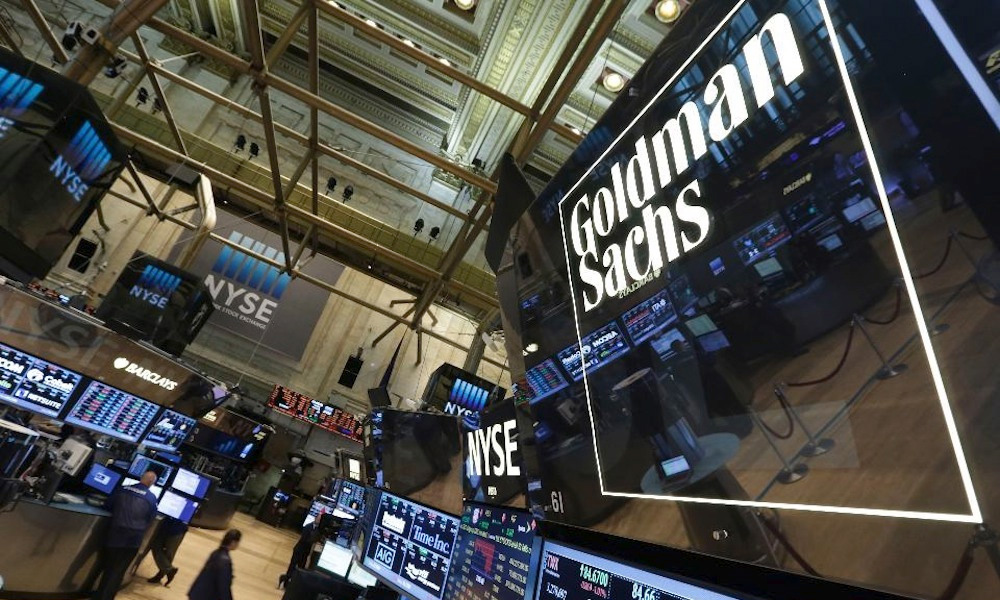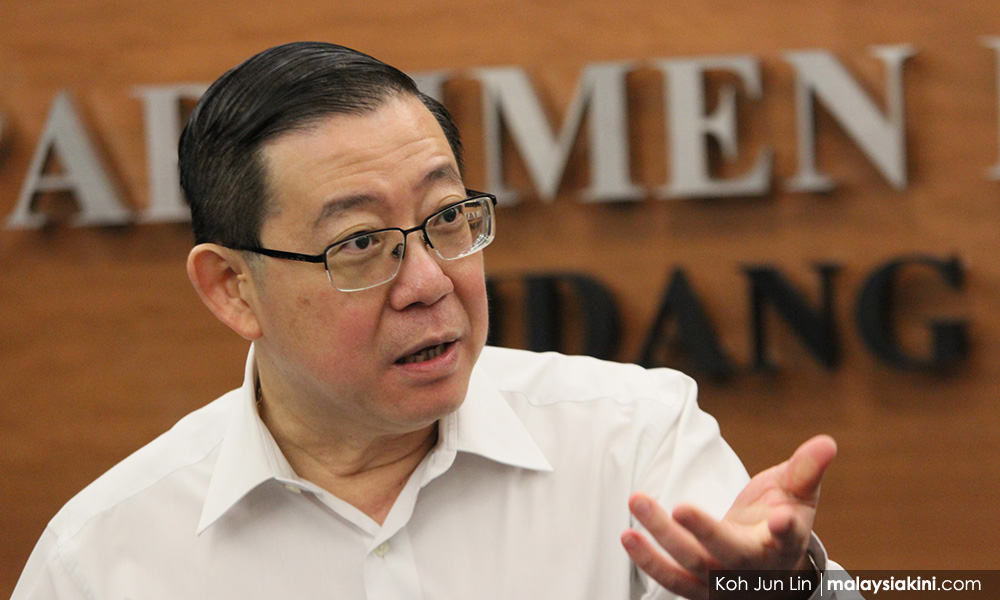
QUESTION TIME | Malaysia can take criminal action against Goldman Sachs, which arranged all of 1MDB’s dollar-denominated bonds, following criminal indictments by the United States Department of Justice (DOJ) against one of its former senior bankers and the guilty plea of another, in addition to a charge against 1MDB-linked financier Low Taek Jho.
Such criminal action would pave the way not only for civil action and for the return of some US$600 million (RM2.4 billion) in fees paid to Goldman Sachs, but for even greater claims – as much as US$2.7 billion (RM10.8 billion), the amount of money the DOJ claimed was stolen and laundered – if it is established that the US bank was complicit in criminal activities and negligent in terms of its obligations as financial adviser to 1MDB.
In all, Goldman Sachs raised US$6.5 billion (RM26 billion) via three bond issues for 1MDB. If this includes the return of fees, the total claimed could be as high as RM13.2 billion (RM10.8 billion plus RM2.4 billion) or more.
Under a three-count indictment against Low and another Malaysian, Ng Chong Hwa (Roger Ng, formerly a managing director of Goldman Sachs), the DOJ said they conspired to launder billions of US dollars embezzled from 1MDB, and conspired to violate the Foreign Corrupt Practices Act (FCPA) by paying bribes to various Malaysian and Abu Dhabi officials.
As part of the indictment, Ng is also charged with conspiring to violate the FCPA by circumventing the internal accounting controls of Goldman Sachs, which underwrote US$6.5 billion in bonds issued by 1MDB in three separate bond offerings in 2012 and 2013.
Ng was arrested in Malaysia, pursuant to a provisional arrest warrant issued at the request of the US. Low remains at large.
Also unsealed at the same time was the guilty plea of Tim Leissner, 48, the former Southeast Asia chair and participating managing director of Goldman Sachs, to a two-count criminal information charge of conspiring to launder money and conspiring to violate the FCPA, by paying bribes to various Malaysian and Abu Dhabi officials and circumventing the internal accounting controls of Goldman Sachs.
According to court filings, Leissner has been ordered to forfeit US$43.7 million as a result of his crimes.
Misappropriated money
Low, Ng, Leissner, and others, said the DOJ, conspired to bribe government officials in Malaysia, including at 1MDB, and Abu Dhabi to obtain and retain lucrative business for Goldman Sachs.
They also allegedly conspired to launder the proceeds of their criminal conduct through the US financial system by purchasing, among other things, luxury residential real estate in New York City, artwork from a New York-based auction house, and pumping in money to major Hollywood films.
As a result of its work for 1MDB during that time, the DOJ said, Goldman Sachs received about US$600 million in fees and revenues along with increased reputational prestige. At the same time, Ng and Leissner received large bonuses and enhanced their own reputations at the bank.
In total, according to allegations in court filings, more than US$2.7 billion was misappropriated from 1MDB, which is said to have been laundered through the US financial system to pay bribes and for the personal benefit of themselves and their relatives.
While finance minister Lim Guan Eng had said earlier that the government would press for the return of US$600 million (about RM2.4 billion in fees), civil and criminal actions could net much more, including the RM10.8 billion for which Goldman Sachs could be held responsible for as advisers.
If criminal action showed that the two Goldman Sachs officials were responsible and conspired to commit theft and money laundering, the bank's top management should have reasonably known that there was something fishy about the deal.
If so, the firm can be held liable for the entire loss and any consequent losses that 1MDB suffered from that.
One clear indication that this was not a regular deal was the huge amount of US$600 million in fees paid, which amounts to 9.2 percent of the US$6.5 billion raised.
This is unheard of in the industry, where the norm for such a fundraising – which is guaranteed by various arrangements – is less than one percent of the US$6.5 billion, leading to over-pricing of fees of US$5.35 billion, or over nine times the usual fees.
Legal sources think that the Malaysian government, effectively the sole owner of 1MDB, has a good enough case to make such claims against Goldman Sachs, especially once criminal liability is proven.
That is good news indeed, because it would mean that huge sums could be recovered from the 1MDB debacle without actually locating the funds.
Blame can be foisted on advisers such as Goldman Sachs who could have avoided such problems by keeping closer track of their employees, the methods they employed, and the fees they charged.
P GUNASEGARAM says big banks should be more careful about the kind of business they do. E-mail: t.p.guna@gmail.com. - Mkini





No comments:
Post a Comment
Note: Only a member of this blog may post a comment.